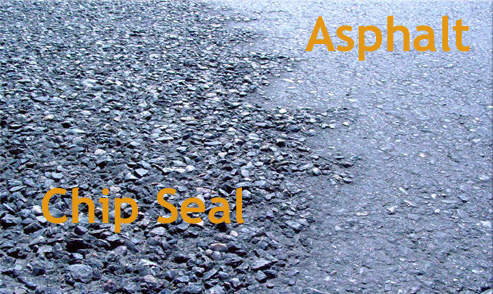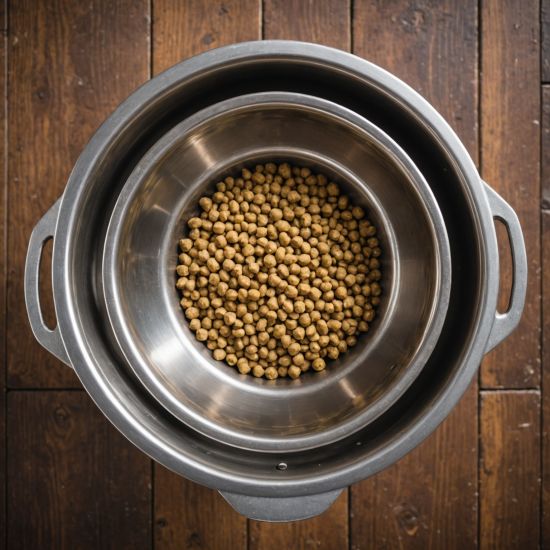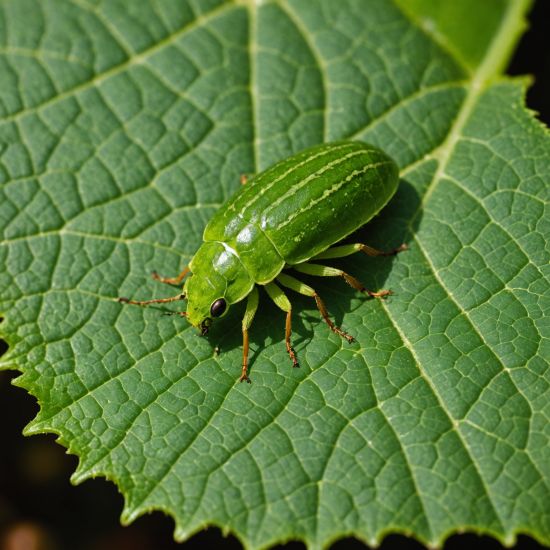Types of Fuel Used in Torches

Torches are versatile tools that can be used for a variety of purposes, from welding and soldering to lighting campfires and cooking food. The type of fuel used in a torch will depend on the specific application and the desired results.
Propane
Propane is a popular fuel for torches because it is relatively inexpensive and easy to find. It is also a clean-burning fuel, producing minimal soot or residue. Propane torches are typically used for outdoor applications, such as welding, soldering, and roofing.
Butane
Butane is another common fuel for torches. It is similar to propane in terms of cost and availability, but it burns hotter and produces more soot. Butane torches are often used for indoor applications, such as cooking and jewelry making.
MAPP Gas
MAPP gas (methylacetylene-propadiene) is a high-performance fuel that burns hotter than both propane and butane. It is also more expensive and more difficult to find. MAPP gas torches are typically used for industrial applications, such as welding and metalworking.
Acetylene
Acetylene is a highly flammable gas that produces a very hot flame. It is used in welding and metalworking applications where a high degree of heat is required. Acetylene torches are typically used by professional welders and metalworkers.
Other Fuels
In addition to the four fuels mentioned above, there are a number of other fuels that can be used in torches, including:
- Alcohol
- Diesel
- Gasoline
- Kerosene
- Natural gas
- Oxygen-acetylene
The type of fuel that is best for a particular application will depend on the specific requirements of the task.






